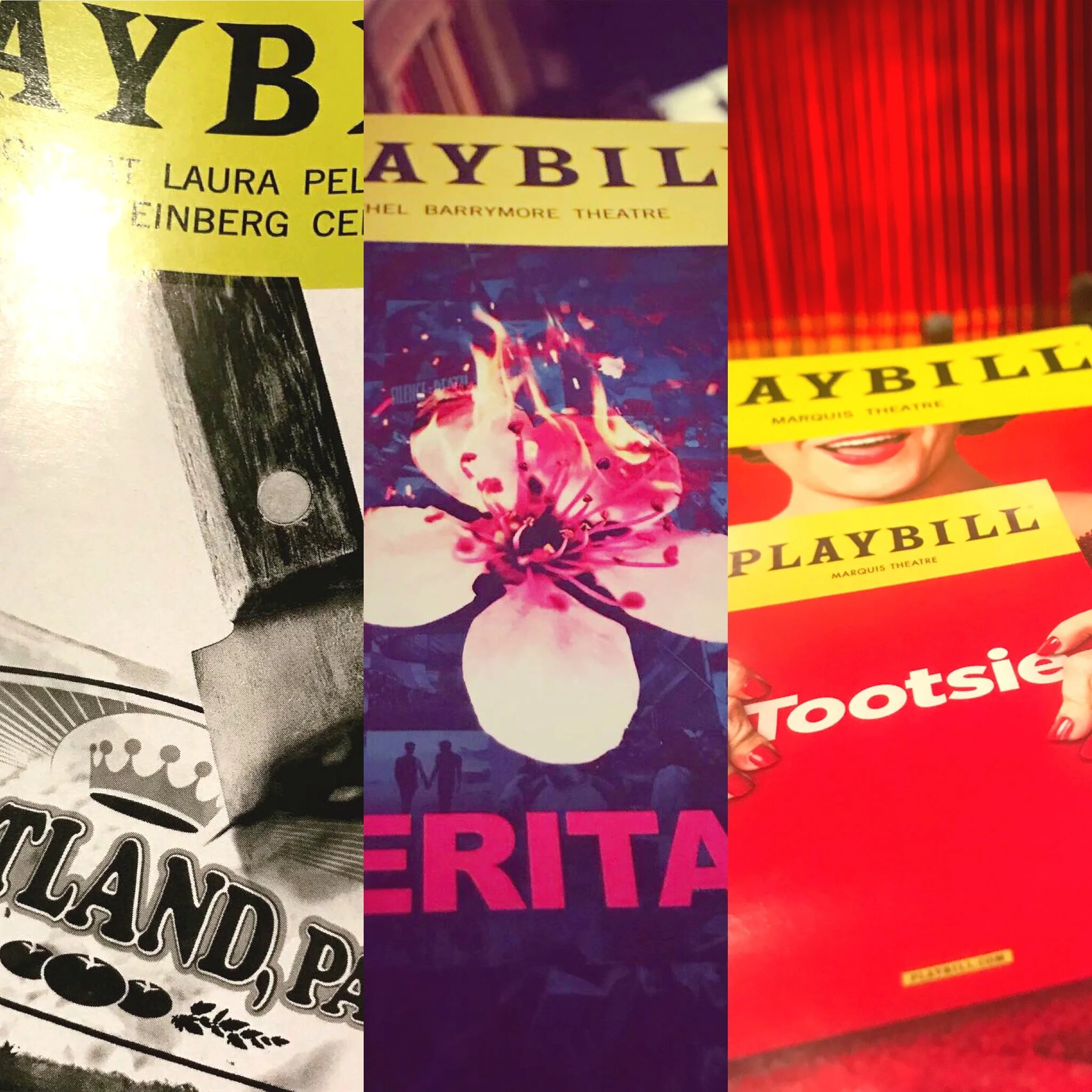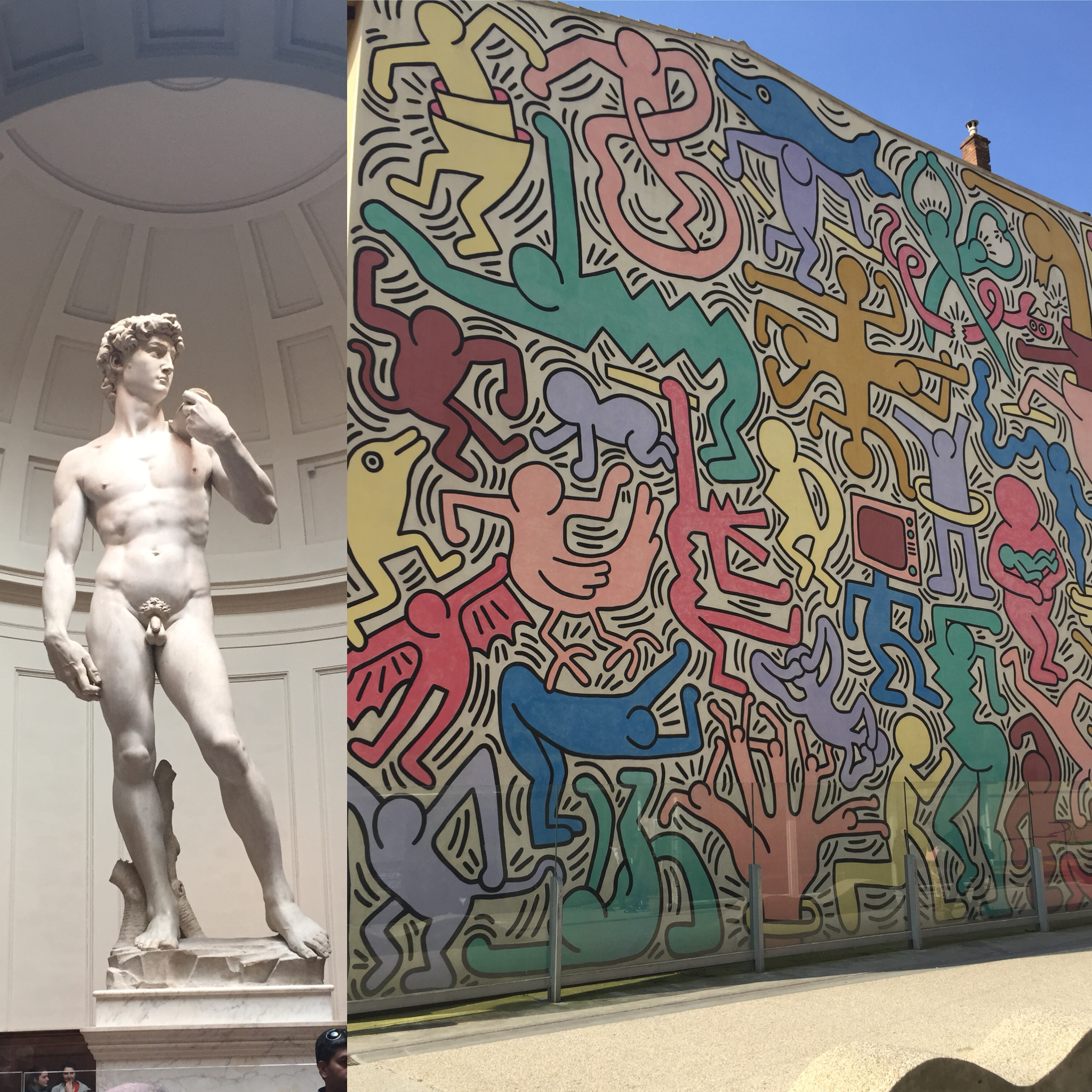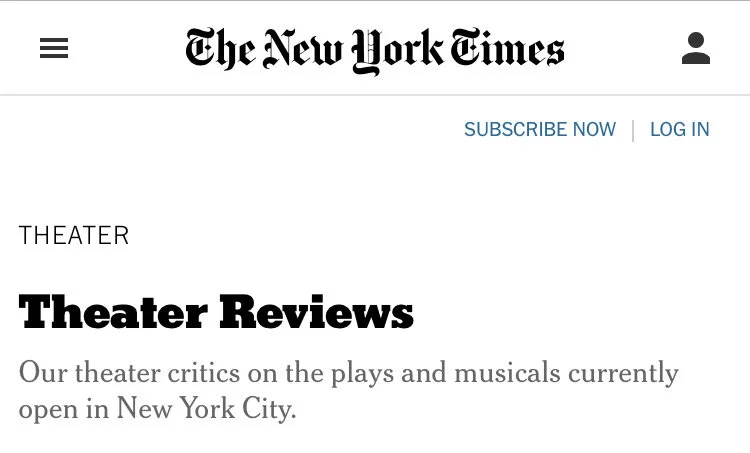In Review: "Oklahoma!"
/The first time I saw Oklahoma! live was at the Stratford Shakespeare Festival in Ontario, Canada (in 2006?). I remember turning to my parents and saying:
“That was fantastic, and they really didn’t stray away from the dark part of the show. I don’t think I ever need to see this show again!”
All of this to say that, when the recent St. Ann’s Warehouse production of Oklahoma! first caused a stir at the Warehouse and then again in its move to Circle In The Square, I did not feel the need nor desire to run to see it. I had seen it onstage twice, plus the two filmed versions, and how different could it really be?
So I waited…until last weekend. The second-to-last performance. (How’s that for procrastination?!)
So, was it all that different?
Well, no. But yes? And also really no.
Read More


















